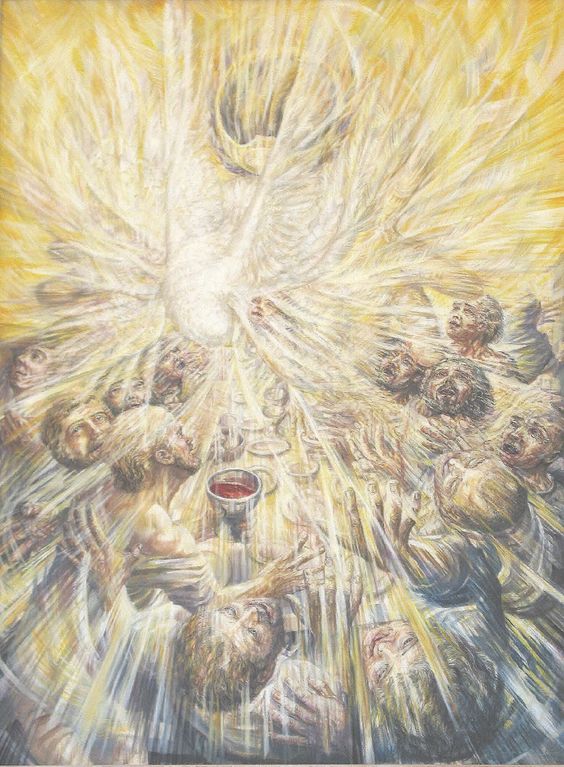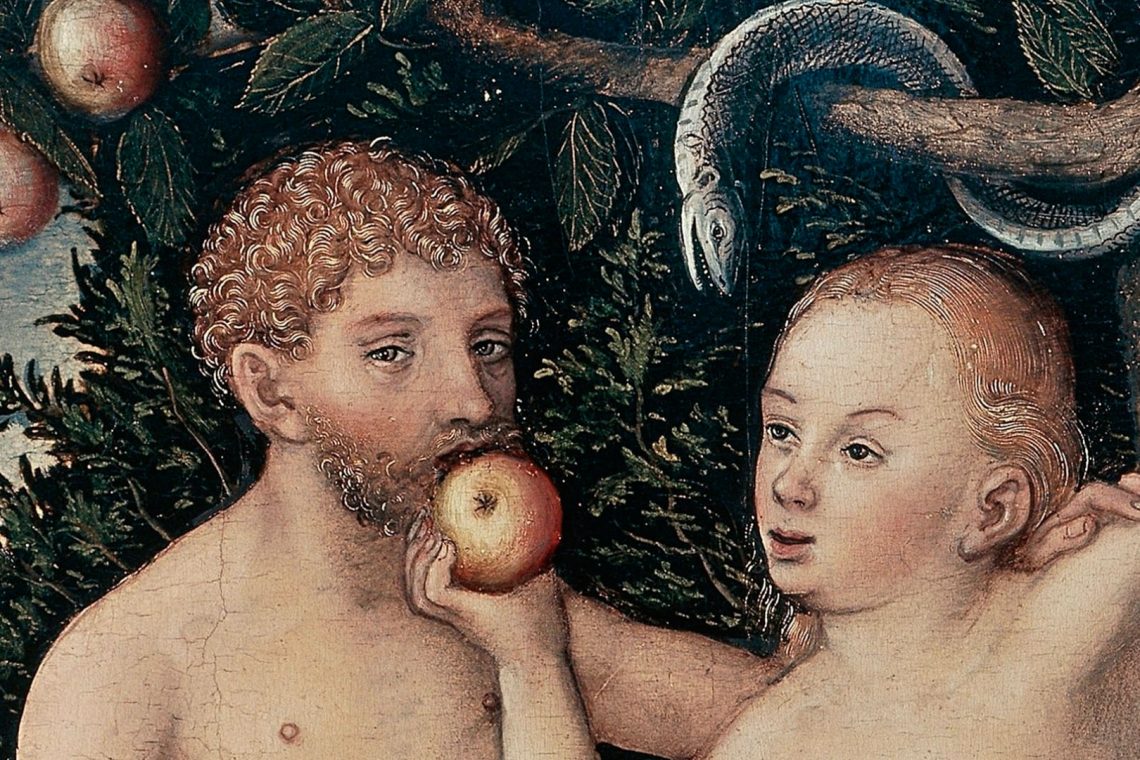Righteousness (1)

The LORD Jesus, our righteousness.
1) Led, avidly, by Pastor W.F. Kumuyi, founder and the General Superintendent of Deeper Life Bible Church, many other churches treat righteousness and holiness as the two-in-one vehicle that takes one to heaven, making it the main Christian focal point. Huge mistake. Jesus is the knowledge and deed that opens the gates of heaven, leading to eternal peace. The scriptural understanding of these churches is that you must continue to lead a personal righteous and life of holiness to gain entrance into heavenly bliss. What, therefore, is righteousness? What is holiness? How are these dyadic virtues of Divinity attainable?
“By the things we constantly do,” the General Superintendent of the Deeper Life Bible Church, Pastor W.F. Kumuyi, will most definitely asseverate. This is the clearest indication of the fact that it is by works. Works? Nay! Let us understand how righteousness is attained from the Pauline extrapolative didacticism of Romans 4:2-4, 2) “For if Abraham were justified by works, he hath whereof to glory; but not before God. 3) For what saith the scripture? Abraham believed God, and it was counted unto him for righteousness. 4) Now to him that worketh is the reward not reckoned of grace, but of debt.” The word ‘righteousness’ is dikaiosunē which is ‘justification’, by definition. Abraham received ‘justification’ by faith and not by works. Is it not a scriptural foregone conclusiveness of Isaiah 64:6 that ‘all our righteousnesses are as filthy rags’? The Hebrew for ‘righteousnesses’ is tsedâqâh (tsed-aw-kaw’) ‘rightness (abstractly), subjectively (rectitude), objectively (justice), morally (virtue) or figuratively (prosperity).’ The legality of the terms and conditions of one’s justification before the thrice holy Jehovah is the application of faith.
If it is by works, then, God has entered into indebtedness soteriologically speaking. Will God owe anyone? The Divinity does not owe anybody, can never owe anybody. Soteriology is strictly by faith, lest any should boast. Amen.

If the Lord, who is ‘our righteousness’ in Jeremiah 23:6, is also ‘our life’ in Colossians 3:4, then my total exclusion in the acquired toga of righteousness is clearly stated in Galatians 2:20, “I am crucified with Christ: nevertheless I live; yet not I, but Christ liveth in me: and the life which I now live in the flesh I live by the faith of the Son of God, who loved me, and gave himself for me.” Paul drives it home, crossing every ‘t’ and dotting every ‘i’ in the next verse, “I do not frustrate the grace of God: for if righteousness come by the law, then Christ is dead in vain” (Galatians 2:21). ‘Frustrate’ is the Greek atheteō (ath-et-eh’-o): ‘to set aside, that is, (by implication) to disesteem, neutralize or violate.’ The grace of God is the active ingredient that makes each one of our salvation, justification and sanctification a possibility. Righteousness comes with the total package of salvation. It is an inherent nature of the saved individual. It is not earned, it is an imputation.

God’s wondrous works
Zacharias pointed out the necessary outwardness of our piety, saying: “In holiness and righteousness before him, all the days of our life” [Luke 1:75]. The reason for this show of the inherent ‘righteousness’ is simply that it is our duty to interpret righteousness for the beneficial digestion of what we are to their blind ocular perception. Our Christian lives are interpretation of the righteousness of Christ, our Dwelling. In Greek the word ‘holiness’ is hosiotēs (hos-ee-ot’-ace) ‘piety towards God, fidelity in observing the obligations of piety, holiness.’ From the heathen, with whom God had no spiritual transaction of any covenant, God expected no piety. To the Israel of His covenant, even before the parturition of the patriarchal twelve, God said, “….Be ye holy; for I am holy” [1Peter 1:16]; taken from Leviticus 11:44. God was careful not to say it to the Egyptian, Roman, Indian or Chinese. Only to one nation of Israel He had the covenant, ergo, Paul will often write, “First to the Jew then to the Gentiles.”

This cup is the New Testament in my blood
Soteriological attainment had to be modified by the original enactor when Jesus intimated, “the new covenant…” in Luke 22:20, “Likewise also the cup after supper, saying, This cup is the new testament in my blood, which is shed for you.” The Greek for ‘testament’ is diathēkē (dee-ath-ay’-kay): ‘properly a disposition, that is, (specifically) a contract (especially a devisory will); a compact, a covenant.’ The Greek diathēkē comes from diatithemai (dee-at-ith’-em-ahee) Thayer Definition: ‘1. to arrange, dispose of, one’s own affairs a. of something that belongs to one b. to dispose of by will, make a testament 2. to make a covenant, enter into a covenant, with one.’Strong’s Definition: ‘to put apart, that is, (figuratively) dispose (by assignment, compact or bequest).’ Man’s pious ritualism will not attain soteriology. If it had become God’s business, then it must be understood that only the Members of the Trinity are involved in the establishment, execution and maintenance of soteriological grace. “By grace; through faith, it says, not of work lest any man should boast” [Ephesians 2:8-9]. ‘Lest’ is the Greek hina me (hin’-ah may’) ‘in order (or so) that not.’ ‘Any man’ is tis (tis’) ‘some or any person or object;’ and ‘should boast’ is kauchaomai (kau-khah’-om-ai) ‘to vaunt.’

You can put on the righteousness of Jesus by getting born again. Say this simple prayer, meaning it from your heart:
“Dear heavenly Father, I come to You now in the name of Jesus Christ. I believe in my heart that Jesus is the Son of God. I believe that Jesus died on the cross for my sin. I believe that You raised Him from the dead. I confess with my mouth that Jesus is Lord and I receive Him now as my Lord and my Saviour. I give God all the glory. Amen!”
(…to be continued…)
Click here to read the 2nd part

“…and under his wings shalt thou trust”
Visits: 244



